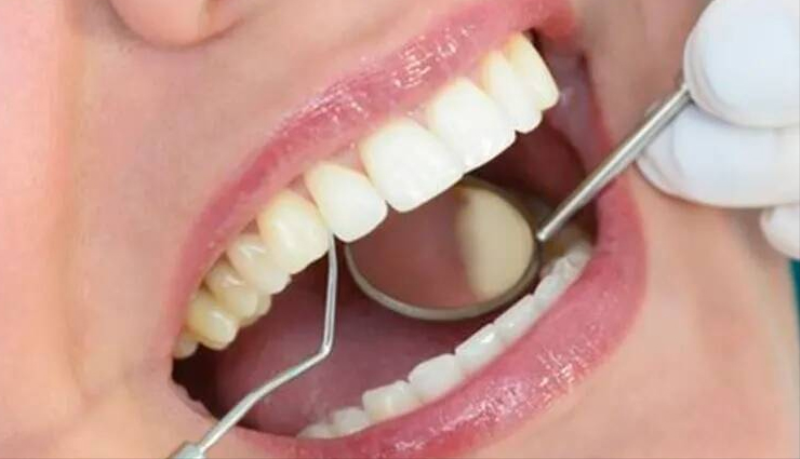
We all brush our teeth every day to protect our mouths from germs. Many other artificial flavors, including sulfates, are used in making regularly used toothpaste, which can harm your teeth and gums. In such a situation, it is very important to ensure that you are using natural and sulphate-free toothpaste.
Years ago people used to use a toothbrush instead of a toothbrush. Miswak was used the most. Many miswak toothpaste are still available today, especially as it is used medicinally in Ayurveda for oral health care. After all, what is Miswak? How does miswak work? Today we have brought appropriate answers to all these questions for you.
First, understand what is Miswak
Miswak is a wild tree, also known as pilu. Whereas in English it is called Miswak as Salvadora. Its twigs have been used as toothpaste for years. Especially it is more prevalent in Muslim countries. Its properties make it very special for the health of teeth and gums. Miswak is not only used as toothpaste but also in making various products used to maintain the health of teeth and gums.
This is how miswak is beneficial
#Reduces the tingling sensation in teeth
Regular use of Miswak helps reduce tooth sensitivity over time. According to the National Library of Medicine, miswak strengthens tooth enamel and provides relief from the tingling sensation that occurs when drinking cold and hot drinks.

# Help in saliva production
According to Pub Med Central, chewing miswak increases the production of saliva in the mouth, which is important for maintaining balanced pH levels inside the mouth. Saliva neutralizes the acid and protects the enamel, thereby protecting the teeth from decay.
# Antibacterial properties make it special
Miswak contains natural antibacterial compounds such as tenants and flavonoids. This property stops the growth of harmful bacteria growing in the mouth. As a result, there is no infection in the mouth and your breath remains completely fresh.
PC social media










